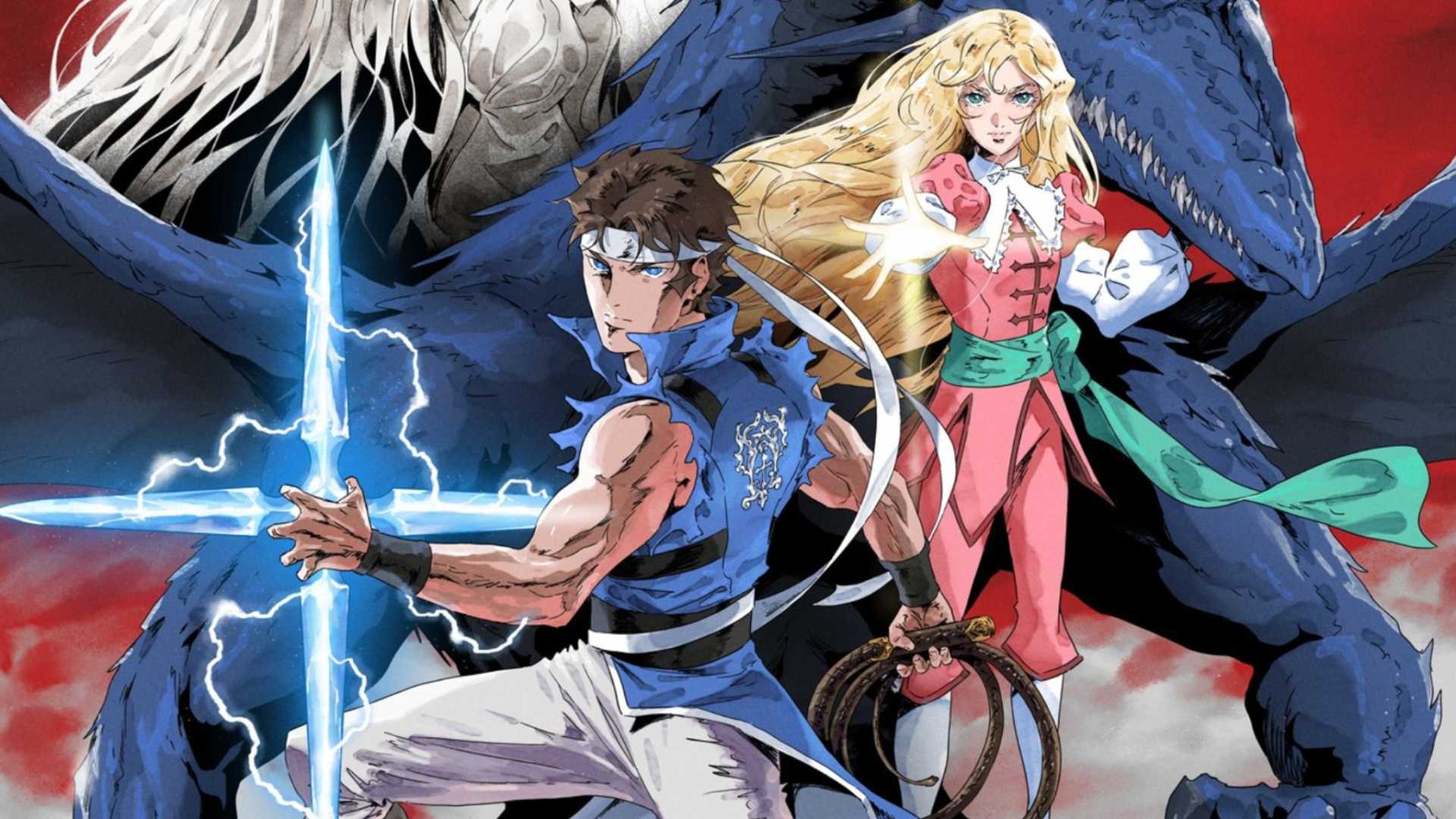Entertainment
Castlevania: Nocturne Season 2 Struggles with Depth Despite Stellar Cast

LOS ANGELES, Calif. — The second season of Netflix‘s “Castlevania: Nocturne” delivers a mix of charm and action but falls short of the depth and darkness that defined its predecessor. While the series continues to explore the vampire-hunting exploits of the Belmont family, its sophomore season struggles to maintain the emotional resonance and narrative complexity that fans have come to expect.
Set against the backdrop of the French Revolution, the story follows Richter Belmont (Edward Bluemel) and his allies, including Annette (Thuso Mbedu) and Alucard (James Callis), as they battle the self-proclaimed “vampire messiah” Erzsebet Báthory (Franka Potente). Despite its ambitious premise, the season often prioritizes mindless action over character development, leaving key emotional arcs unresolved.
One of the season’s most promising subplots involves Maria Renard (Pixie Davies), Richter’s adoptive sister, who grapples with her father’s dark legacy. However, the show fails to fully explore her internal conflict, reducing what could have been a defining moment to a few scattered scenes. “Nocturne pays its violence more mind than its characters’ existential crises,” one critic noted, highlighting the season’s uneven focus.
Despite these shortcomings, the voice performances remain a standout feature. Iain Glen, who voices Juste Belmont, and Pixie Davies deliver compelling performances that elevate the material. Glen’s portrayal of the weary yet determined Juste adds depth to an otherwise underwritten character, while Davies brings nuance to Maria’s struggles.
The season also attempts to weave historical elements into its fantastical narrative, but the integration feels superficial. The French Revolution serves more as a backdrop than a driving force, leaving the supernatural elements feeling disconnected from their setting. “The vampires never feel completely integrated into their world,” one review observed, “making the story feel like it could take place in any time period.”
As the season concludes, it offers resolution but lacks fulfillment. While some relationships blossom and key battles are won, the emotional payoff feels hollow. “Closure and fulfillment don’t always go hand-in-hand,” one critic remarked, “and Nocturne is that much worse off for not realizing the difference.”
Despite its flaws, the series remains a visually stunning and action-packed entry in the Castlevania franchise. However, its future hinges on viewer engagement, as highlighted by Steve Stark, the show’s supervising background designer. In a recent social media post, Stark emphasized the importance of fan support in securing the show’s continuation. “The fate of Nocturne depends on fans tuning in for season two,” he wrote, underscoring the precarious nature of streaming content in today’s competitive landscape.
For now, “Castlevania: Nocturne” remains a testament to the power of strong performances and gothic storytelling, even as it grapples with its own narrative limitations.












